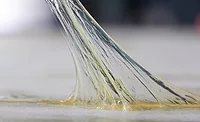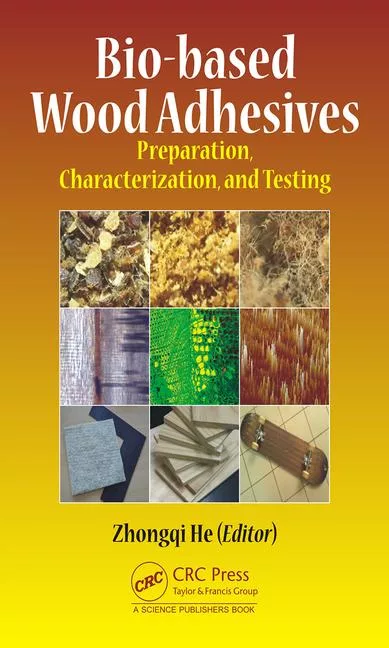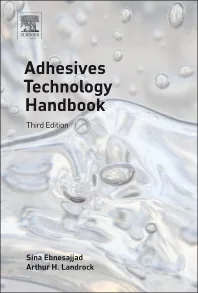Conagen Develops Debondable Adhesives Using Fermentation Technology and Bio-Based Ingredients

Conagen announced the development of a debondable textile adhesive made from high-performance materials sourced from sustainable and natural biomolecules. The adhesive increases efficiency in fabric reworking in manufacturing and recycling on a mass scale, reducing the 92 million tons of textile waste currently ending in landfills yearly.
Conagen's debondable adhesive allows for quick correction of errors without the need to discard and waste valuable materials. The fabric components can be seamlessly reworked, resulting in improved production efficiency, reduced material waste, and significant cost savings for manufacturers.
"Conagen's pioneering adhesive has unlocked new possibilities and opportunities. This groundbreaking development enables efficient material separation during reworking and recycling processes and preserves the integrity of textile fibers, ensuring their quality for future utilization," said Sara Johnson, senior materials scientist. "With the introduction of Conagen's adhesive, we are taking a significant stride towards achieving a more sustainable and environmentally responsible textile industry."
To develop sustainable debondable textile adhesives, Conagen leverages its precision fermentation technology, independent of plant-source materials, to create more efficient and sustainable bio-based ingredients compared to chemically-synthesized versions.
"Conagen's fermentation technology is forging a path towards a more sustainable future, where the utilization of sustainable bio-compounds and bio-materials takes center stage in propelling high-performance solutions that prioritize environmental consciousness,” said J. McNamara, vice president of chemical applications.
To learn more, visit www.conagen.com.
Looking for a reprint of this article?
From high-res PDFs to custom plaques, order your copy today!






